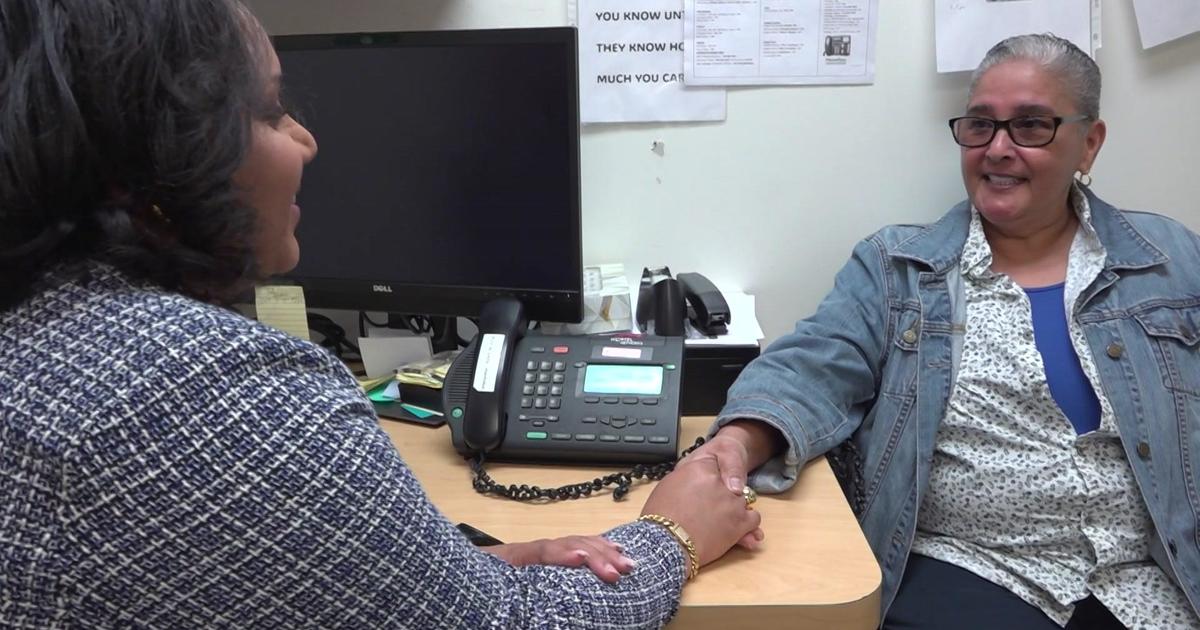Work-At-Home, Streaming Movies, Video Chats And Games: How COVID-19 Is Making People's Internet Feel Sick
NEW YORK (CBSNewYork) - With the coronavirus pandemic forcing people to do nearly everything from home, internet capacity is being pushed to new limits.
With so many users logging on at the same time, some worry about how the online networks can handle the strain, reports CBS2 producer Nico Dubina.
"I'm using Zoom, I'm using WebEx, I'm using Google Hangouts," said mother and executive coach Laura Schwarz. "We are using everything."
The web is now more connected than ever before, with tens of millions of people suddenly forced to stay in and log on.
"It is a whirlwind," Schwarz said.
Like many families, the Manhattan-based Schwarz is adapting to the new online reality. Both she and her husband are working remotely and their teenage son is home from school and in front of a screen.
"Gaming has really helped the time go by," said mom. "He's on FaceTime all the time with his friends, so although we're quarantined, we don't feel isolated."
Facing the pandemic by moving online is stretching internet networks to new levels.
"This is unprecedented that we're seeing this kind of demand, on the home networks, and on the national infrastructure of the internet as well," said Mark Feinberg, CEO of Home Theater Advisors.
Feinberg says many home wi-fi networks are not set up to handle so much online activity, all at the same time.
"Video is 60% of network traffic," he said. "It's probably going to be 80% to 90% now, when you add everybody at home, and all the web, and all the gaming and everything."
In Italy, the first European country to go into lockdown, internet traffic has surged 75%.
Other European countries are reportedly seeing spikes of up to 50%.
While major providers say they are confident networks can handle the added pressure, some are already taking steps to ease the strain.
This week Netflix, YouTube, and Amazon announced they would be scaling back data use in Europe by reducing the quality of their streams.
"Netflix has been asked to no longer offer 4k streaming," said Feinberg. "4k takes about four to five times the bandwith of a regular, standard high definition stream. So you're still going to have HD, you're just not going to have 4k. Unless you're sitting 6 feet from a 65-inch TV, you're probably not going to see it anyways."
Experts say if the networks start to get overloaded, providers could slow down service to make sure the internet can keep moving for everyone.
"Each neighborhood or home would be throttled down to a certain degree, so that everybody would have bandwidth, kind of like congestion on the highway, it would slow everything down," said Feinberg. "You have too many cars on the highway, you can take some of the congestion off the highway by reducing the video quality, you take cars off the highway, traffic flows better."
Major internet providers like Comcast, Spectrum and Verizon have been taking steps to expand online access, including boosting speeds, waiving fees, and setting up hotspots.



